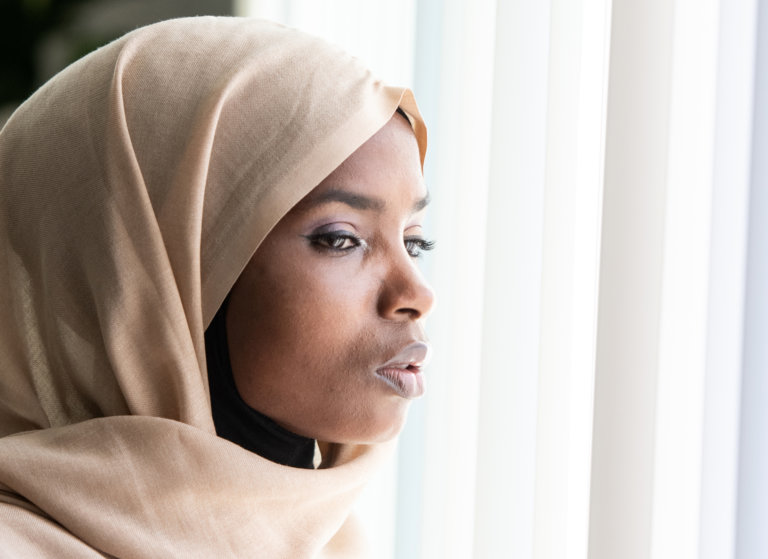New York Governor Andrew Cuomo recently signed legislation prohibiting employment discrimination based on religious attire, clothing or facial hair. The bill passed the Senate and Assembly earlier this year. If you believe you have been treated unfairly by your employer due to your religious beliefs, you should consult an experienced employment law attorney.
What is religious discrimination?
Although religious discrimination has long been prohibited under New York State, New York City and federal law, certain appearance and grooming policies may discriminate against employees with sincere religious beliefs related to attire and hair. Religious discrimination occurs when an employee is treated unfairly in the workplace due to his or her religious beliefs.
Generally, two types of religious discrimination exist: disparate treatment and failure to provide reasonable accommodation. Religious disparate treatment involves making an employment decision (hiring, firing termination) or taking any adverse employment action against an employee based on religion.
Employers are also required to provide reasonable accommodations for an employee’s religious belief. This includes the observance of daily prayers, taking time off for a religious holiday, wearing certain religious garments (e.g. a yarmulke or headscarf), or following certain grooming customs ( a beard or locs).
The new law amends the New York State Human Rights Law (NYSHRL) by expanding the definition of religious discrimination to include bias against an employee’s religious clothing, facial hair or attire. While those terms are not defined, the new protections would include religious garb such as turbans, headscarves, hijabs, burqas, yarmulkes, and beads worn for religious purposes. Under the law, employers are also prohibited from requiring employees to affix company logos to religious attire or clothing.
Why this matters?
For all intents and purposes, this amendment is an incremental change to the religious discrimination protections under the NYSHRL. Nonetheless, the new law clarifies that employers cannot refuse to hire, attain, promote or take other discriminatory actions against individuals who wear religious attire or facial hair.
Moreover, employers continue to have an obligation to accommodate an employee’s religious beliefs as it relates to attire, provided that the accommodation does not pose an undue hardship or raise a legitimate safety concern. This means that an employer cannot require an employee to refrain from wearing attire, clothing, or facial hair in accordance with religious requirements without demonstrating that such an accommodation would pose an undue hardship. If you have questions about your right to religious freedom in the workplace, contact the employment law attorneys at Lipsky Lowe LLP.


